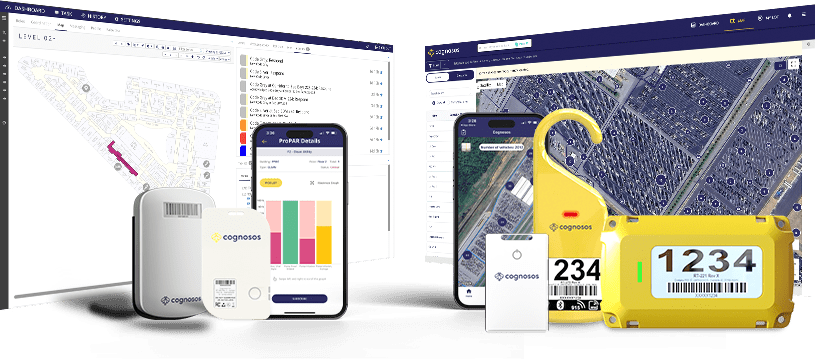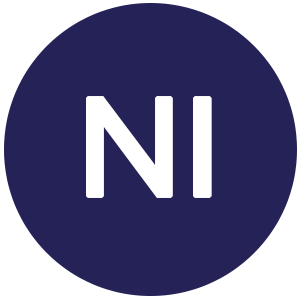Over the past few years, healthcare workers have faced increasing challenges, including the COVID-19 pandemic, a rise in workplace violence, and an ongoing labor shortage. These issues have stretched healthcare workers to their limits, leading to an increase in depression, anxiety, and burnout.
This month’s news roundup explores the current environment that healthcare workers must contend with, as well as future developments that may ease those challenges.
What’s Behind an Alarming Rise in Violent Incidents in Health Care Facilities
According to government data, healthcare professionals face a significantly higher risk of encountering workplace violence than workers in other fields. A survey conducted by National Nurses United in 2022 revealed that 40% of hospital nurses reported a rise in violent incidents. In this article, Karen Coughlin, retired registered nurse and current chair of the Massachusetts Nurses Association, Workplace Violence and Abuse Prevention Task Force, discusses how workplace violence and abuse may be prevented.
AI Tool Can Detect Distress in Overburdened Hospital Workers
New York University’s Grossman School of Medicine conducted research that suggests artificial intelligence could assist in early identification of psychological distress among hospital workers.
The study, published in the Journal of Medical Internet Research AI, found that healthcare professionals who discussed certain topics during therapy sessions, such as experiences on hospital units and ICU floors, were more likely to be diagnosed with anxiety and depression. This represents a significant advancement in mental health screening for healthcare professionals, potentially aiding in addressing the growing issue of burnout within the medical workforce.
Can RSV and COVID Vaccines Prevent Another ‘Tripledemic’?
In recent winters, the United States has faced the simultaneous spread of three viruses — influenza, respiratory syncytial virus (RSV), and COVID-19 — leading to severe illness and strained healthcare facilities. Factors such as vaccination rates and the reduction of preventive measures like mask-wearing and avoiding crowded spaces contribute to the unpredictable nature of the situation. While updated vaccines and monoclonal antibody treatments offer a potential defense against this triple threat, it remains uncertain how effective these measures will be in preventing a full-blown “tripledemic.”
Nurses, Health Care Staff Face Higher Suicide Risks
A recent study found that nurses, health technicians, and health care support workers face a higher risk of suicide compared to the general U.S. population. The demanding nature of their jobs, coupled with the challenges of caring for ill patients and managing heavy workloads, contributes to their heightened risk. The study emphasized the need for better mental health support and resources for health care workers, especially given the elevated stress and burnout triggered by the pandemic.
The Chatbot Revolution: Transforming Healthcare With AI Language Models
The use of advanced AI models like ChatGPT in the healthcare sector is rapidly increasing, raising questions about the accuracy and reliability of AI-generated medical advice. A team at Vanderbilt University recently evaluated the performance of ChatGPT-3.5 and GPT-4, testing their responses to 284 physician-formulated questions across various medical specialties. The study aimed to assess the accuracy and completeness of the AI’s answers, with the scores determined by the corresponding physicians’ evaluations.



